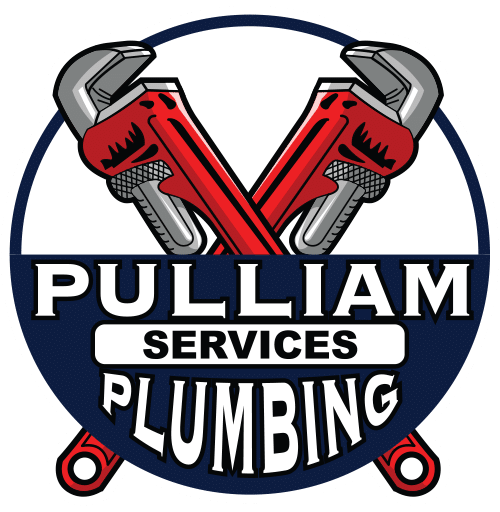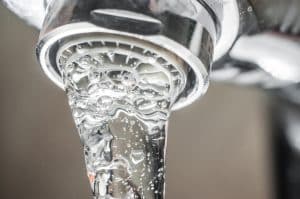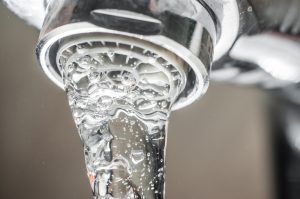Texas Hill Country businesses face unique operational challenges due to our region’s extremely hard water conditions. With mineral concentrations reaching up to 358 mg/L in the Boerne and Fair Oaks Ranch area, commercial establishments experience accelerated equipment failure, increased maintenance costs, and reduced operational efficiency. Understanding comprehensive water treatment solutions protects your investment and ensures consistent business operations.
The Business Impact of Hard Water
Equipment Degradation Costs
Commercial kitchen equipment, HVAC systems, and manufacturing machinery suffer significantly in our hard water environment. Scale buildup reduces heat transfer efficiency by up to 40%, forcing equipment to work harder and consume more energy. Restaurant dishwashers, coffee machines, and ice makers require frequent descaling and premature replacement without proper water treatment.
Operational Efficiency Losses
Hard water affects everything from cleaning effectiveness to customer satisfaction. Restaurants struggle with spotty glassware and dinnerware, while hotels face guest complaints about shower performance and linens that feel stiff despite professional laundering. These operational challenges directly impact business reputation and customer retention.
Hidden Maintenance Expenses
Many businesses underestimate the cumulative cost of hard water damage. Frequent drain cleaning needs, premature water heater replacement, and constant fixture cleaning consume significant maintenance budgets. Commercial properties typically spend 30-50% more on plumbing maintenance in our hard water environment.
Industry-Specific Solutions
Restaurant and Food Service
Commercial kitchens require specialized water treatment systems that handle high-volume usage while maintaining consistent water quality. Pre-rinse spray valves, dishwashers, and coffee equipment perform optimally with properly treated water. Installing commercial-grade water softener systems reduces equipment maintenance by up to 60% while improving food and beverage quality.
Consider reverse osmosis systems for ice machines and coffee preparation, ensuring consistent taste and preventing mineral buildup in delicate brewing equipment. These systems pay for themselves through reduced service calls and extended equipment life.
Hotels and Hospitality
Guest satisfaction directly correlates with water quality. Hard water creates soap scum buildup, reduces lather quality, and leaves guests feeling unsatisfied with shower experiences. Commercial water treatment systems improve guest reviews while reducing housekeeping labor and cleaning supply costs.
Laundry operations benefit significantly from water softening, with linens lasting 30% longer and requiring fewer harsh chemicals for effective cleaning. This translates to substantial cost savings on textile replacement and chemical purchases.
Manufacturing and Processing
Industrial applications often require precise water quality specifications. Hard water interferes with cooling systems, boiler operations, and product quality in manufacturing processes. Custom water treatment solutions ensure consistent production quality while protecting expensive industrial equipment.
Commercial Water Treatment Options
High-Capacity Water Softening Systems
Commercial properties require robust systems capable of handling peak demand periods without service interruption. Industrial-grade water softeners feature larger resin tanks, programmable regeneration cycles, and redundant backup systems to ensure continuous operation.
These systems typically process 50-500 gallons per minute, depending on facility requirements. Proper sizing ensures adequate treated water during peak usage periods while minimizing regeneration frequency and salt consumption.
Advanced Filtration Technologies
Beyond basic softening, many businesses benefit from comprehensive filtration systems addressing chlorine, sediment, and taste issues. Activated carbon filters improve water taste for food service applications, while sediment filters protect equipment from particles common in our limestone-rich water supply.
Reverse osmosis systems provide ultra-pure water for applications requiring minimal mineral content, such as steam boilers, medical equipment, or specialty manufacturing processes.
Integrated Building Management
Modern commercial water treatment systems integrate with building management systems, providing real-time monitoring, automated maintenance alerts, and usage tracking. These features enable proactive maintenance scheduling and optimize system performance.
Implementation Considerations
System Sizing and Design
Proper system sizing requires analyzing peak demand periods, daily usage patterns, and water quality requirements for specific applications. Under-sized systems create operational bottlenecks, while oversized systems waste resources and increase operating costs.
Professional assessment considers existing plumbing infrastructure, electrical requirements, and space constraints to design optimal solutions for each facility.
Maintenance and Service Programs
Commercial water treatment systems require regular maintenance to ensure optimal performance. Establish service contracts with experienced providers familiar with local water conditions and commercial equipment requirements.
Preventive maintenance schedules should include resin bed cleaning, control valve servicing, and water quality testing to identify potential issues before they affect business operations.
Return on Investment Analysis
Quantifiable Savings
Track equipment maintenance costs, energy consumption, and chemical usage before and after water treatment installation. Most commercial properties see 20-40% reductions in maintenance expenses within the first year, with complete system payback typically occurring within 2-3 years.
Intangible Benefits
Improved customer satisfaction, enhanced product quality, and reduced operational stress provide additional value beyond direct cost savings. These benefits often prove more valuable than measurable savings for customer-focused businesses.
Local Expertise Matters
Working with contractors familiar with Hill Country water conditions ensures optimal system selection and installation. Pulliam Plumbing understands the unique challenges facing local businesses and provides customized solutions designed for our extreme hard water environment.
Our experience with commercial installations throughout Boerne and Fair Oaks Ranch enables us to recommend proven solutions that deliver measurable results for businesses of all sizes.
Planning Your Water Treatment Investment
Start with comprehensive water testing to identify specific treatment needs. Consider current equipment replacement schedules, expansion plans, and operational priorities when designing treatment systems. Properly planned installations minimize business disruption while maximizing long-term benefits.
Understanding your business’s unique water treatment needs empowers you to make informed decisions that protect equipment, reduce costs, and improve operational efficiency in our challenging Hill Country environment.




